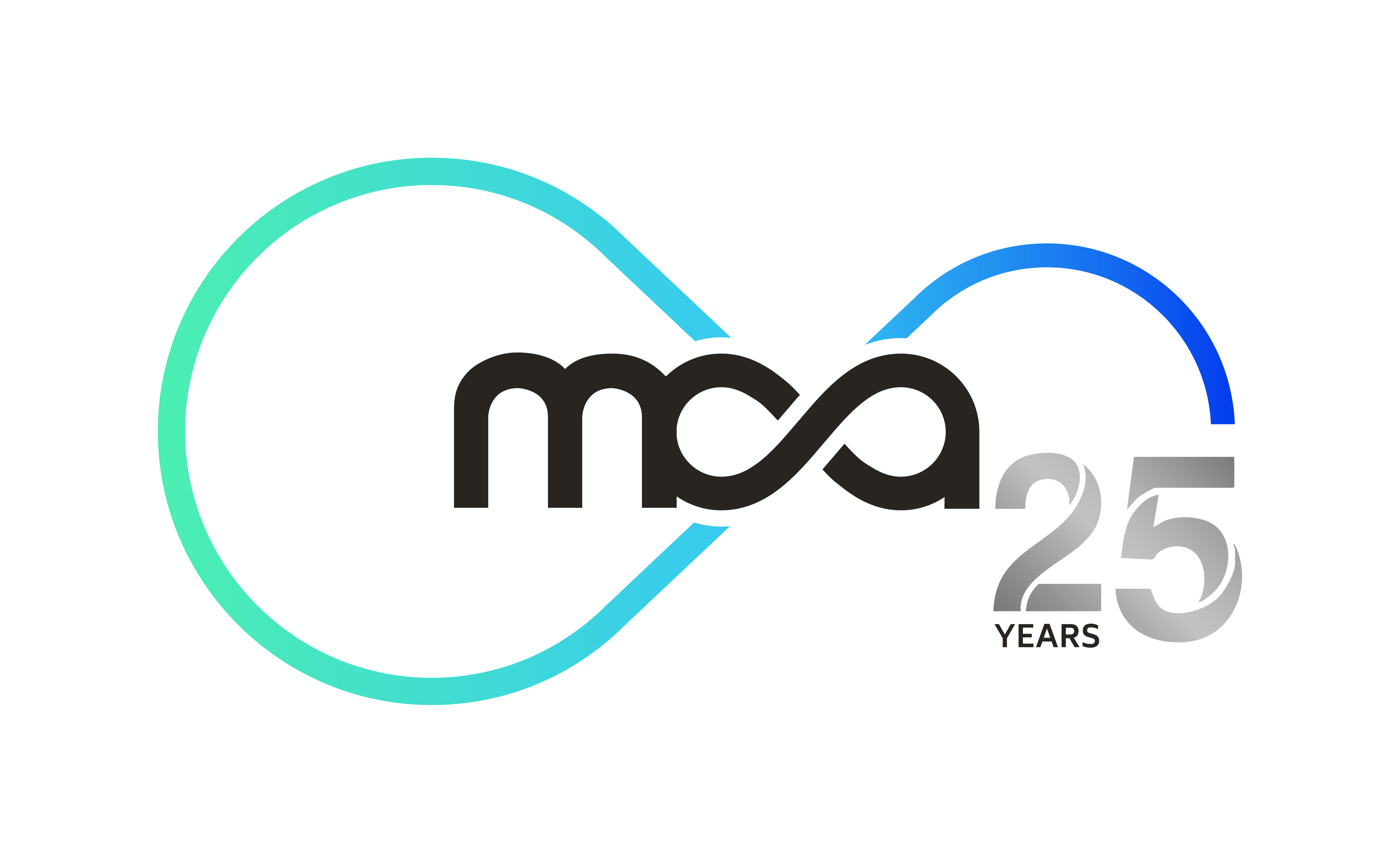Government launches Digital Malta: National Digital Strategy 2014-2020
On Monday 24th March, Government presented Digital Malta – the National Digital Strategy for 2014-2020. The seven year strategy was launched by Hon Prime Minister Dr. Joseph Muscat in the presence of Parliamentary Secretary for Competitiveness and Economic Growth, Hon. Dr. Edward Zammit Lewis.
Digital Malta puts forward a set of guiding principles and policy actions of how ICT can be used for socio-economic development. It sets out a path how ICT can be applied to different sectors of the economy and society, and how citizens and businesses can benefit from its application. Digital Malta will bring about better employment opportunities, open up new markets for SMEs and encourage a more entrepreneurial and innovative mindset. It will empower citizens wherever they are and in whatever they are doing, whether at home, at the place of work or during their studies, and while at leisure. Digital Malta also sets out how government can be closer to the citizen through the use of technology and become more efficient in the way public services are delivered.
Dr. Muscat said that Government considers technological advancements as an opportunity to further improve Malta’s economy and competitiveness for the benefit of all. “Digital Malta can take us to the next level whereby we truly achieve a successful digital economy. We can make Malta a central ICT hub that nurtures, creates and enables an entrepreneurial culture which encourages research and innovation.” Digital Malta is yet another example how Government is listening – the strategy includes contributions from over 240 people coming from different sectors of society, and incorporates more than 300 proposals and suggestions submitted during numerous workshops, stakeholder meetings and public consultations. Dr. Muscat added that, “ICT is not only an important industry in itself, but a key enabler for other industries since just about every other industry depends on ICT to thrive. It is therefore essential that we continue strengthening the institutions and programmes that support the uptake of ICT, and the right balance between the demand and supply of eSkills.” Dr. Muscat concluded by acknowledging the valuable work and the close collaboration that MITA, MCA and other stakeholders adopted in drafting this strategy and thanked everyone for their participation.
Dr. Zammit Lewis said that Digital Malta will enable Government’s plans for economic growth from which everyone can benefit. “Digital Malta started a few days after I became responsible for the portfolio which includes the Digital Economy. Digital Malta addresses all the ICT-related promises we made in our electoral manifesto. First of all, we want to reduce the digital divide due to which, certain segments of the population are being left excluded from achieving their true potential. We strongly believe that ICT can be an enabler for a better quality of life and better careers. Therefore the strategy embraces our commitment in delivering awareness and ICT training programmes to enable everyone to improve their digital literacy skills.”
“From the very start, we said that we’re going to be pro-business and through this strategy we are not only incentivising entrepreneurs within the ICT sector but also those from other sectors to make better use of ICT and become more competitive in today’s digital global markets. We also want to make Malta one of the first Wi-Fi enabled countries in the world and we will achieve this by extending free Internet access points in more localities, public buildings and other places. We will also invest more in our ICT infrastructure to enable the improvements we want in all sectors, including health and education,” said Dr. Zammit Lewis.
Mr. Robert Madelin, Director General of the DG for Communications Networks, Content and Technology at the European Commission addressed the audience through a recorded message.Mr. Madelin said that, “Digital Malta is a great initiative at exactly the right time. Setting a multi-annual strategy in place to build IT opportunities for the country, the people and the economy is what Europe 2020 vision is all about and what the Digital Agenda for Europe has been developing since 2010.” Mr. Madelin said that the way in which Digital Malta as a vision has been created is exemplary. He welcomed the process how all citizens, from all walks of life and from all sectors of business have been invited and involved in the process. He also commented that the breadth of the vision bears testimony of the broad range of expertise and opinion in the country. “This, I am confident, is what it takes to get to the cutting edge of IT innovation as a global competitive economy. Malta is extremely well placed not only to be an ICT hub within the European Union but also to be a frontier post for ICT engagement with Africa, and a staging post for ICT connectivity across the Mediterranean - east west as well as north south.” Mr. Madelin also pledged the European Commission’s support to Malta in fulfilling the benefits that Digital Malta can bring about.
Tony Sultana, MITA’s Executive Chairman explained how the strategy outlines three strategic themes – Digital Citizen, Digital Business and Digital Government and how these are supported by three strategic enablers: Regulation and Legislation, Infrastructure and Human Capital. “For citizens, Digital Malta will mean investment in innovative programmes aimed at enhancing digital literacy as we believe that in this day and age everyone should know how to use and benefit from ICT. It also means an even bigger opportunity for citizens to engage with Government through the use of mobile applications and social media platforms.” In terms of Digital Business, Mr. Sultana explained how local firms must be encouraged and supported to embrace ICT to transform themselves into competitive, export-oriented digital enterprises. “We want to transform the way businesses operate. Digital Malta will increase competitiveness and boost the attractiveness of the local industry by promoting more start-ups, attract foreign investment, enable strategic alliances, encourage angel investment and nurture niche service providers.” The third strategic pillar, Digital Government, aims to improve the efficiency of Government through the use of technology and business process reengineering. The goal is to empower public officials to share knowledge and collaboration within Government and across agencies to serve customers better. Government is committed to be transparent and to encourage public engagement through the use of digital technologies, social media and crowd sourcing. “We understand that Government services should be citizen-centric – i.e. designed around the requirements of the people, be more user-friendly and have less red tape. We want to increase the take-up of eGovernment services and we aim to do this by simplifying existing public digital services and make future services accessible on multiple platforms and devices,” added Mr. Sultana.
Dr Edward Woods, MCA’s Chairman said, “In an ever more digital environment, our role as regulators should be extended to facilitators and motivators on a national scale. We need to ensure that on regulatory framework fully supports our digital agenda in a more globalised context. This should be adequately reflected in our mandate so that this strategy truly renders tangible results”.
For more information about Digital Malta, visit digitalmalta.gov.mt





